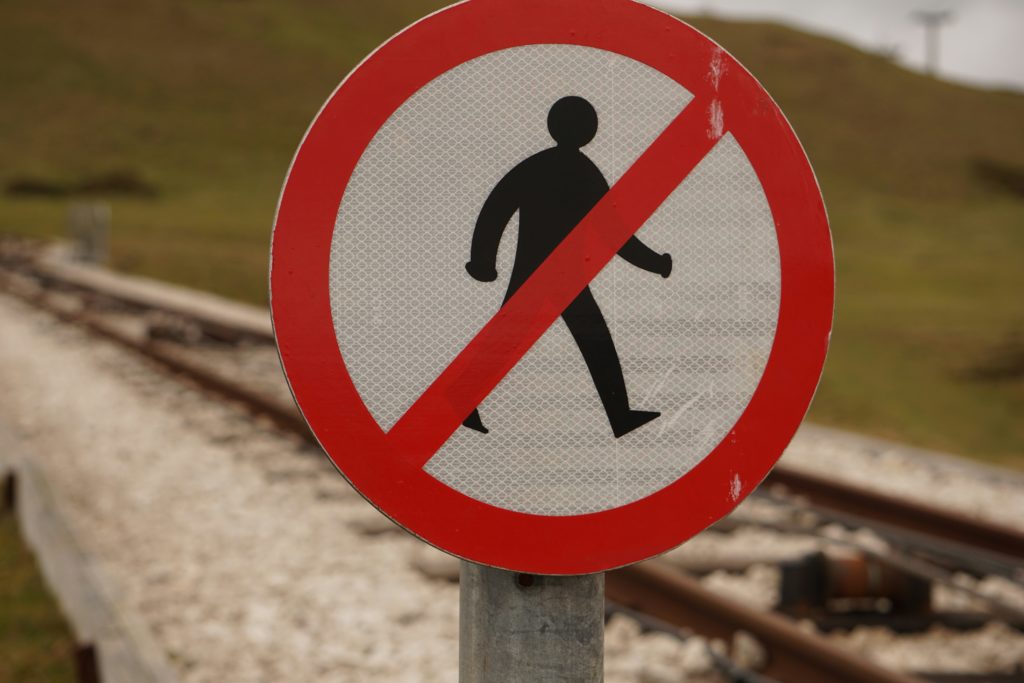Unlawful (illegal) restriction of movement is when someone prevents you, or stops you from entering or leaving a place.
This may happen to migrant domestic workers (MDWs) when their employer refuses to let them leave the house to take a rest day or travel back home.
In Malaysia, there are two laws that are relevant: wrongful restraint and wrongful confinement.

What is wrongful restraint?
Under section 339 of the Penal Code of Malaysia, it is a crime to wrongfully restrain someone. Wrongful restraint is when someone obstructs (blocks) another person from going somewhere, and the other person has a right to go to that place. For example:
Adam blocks Carmen on a road on which Carmen has a right to use. Adam blocks Carmen even though he knows that Carmen has the right to use the road. Carmen is stopped from passing. Adam may be guilty of wrongful restraint.
If a person is found guilty of wrongful restraint, they may be punished with a maximum prison sentence of 1 month or a fine of RM1000 (or both.
Wrongful confinement
Under section 340 of the Penal Code of Malaysia, it is also a crime to wrongfully confine someone. Wrongful confinement is when someone stops another person from going beyond a certain area. An example of wrongful confinement could be:
Adam makes Carmen go into a room and then locks Carmen inside. Carmen cannot leave the room. Adam may be guilty of wrongfully confining Carmen.
Or
Ben blocks the entrance to his house and tells his MDW, Dani, that if she leaves, an alarm will go off. Ben may be guilty of wrongfully confining Dani.
Wrongful confinement may also happen when:
- Someone locks another person in a room, but the other person is not aware that they have been locked in.
- Someone wrongfully confines another person to get the other person to make a confession or to give property
If someone is found guilty of wrongful confinement, they may be punished with up to a maximum of 1 year in prison or a fine of RM2000 (or both).
How does wrongful restraint and confinement apply to MDWs?
The same laws apply to MDWs. As MDWs, the contract does not state the maximum number of working hours, so whether an MDW has been wrongfully restrained or confined will depend on the circumstances.
For example, an MDW working for a family has a rest day of every Sunday. If her employer randomly decides to refuse to let her MDW leave the house on Sunday, the MDW is locked inside the house. The employer may be guilty of unlawful confinement.
Helpful tips
- Call the police if you are in danger (999)
- Consider making a police report if you have been wrongfully restrained or confined. You may need to provide evidence, so make sure to keep your evidence carefully. This may include photos, videos and voice recordings.
- Consider filing a civil claim for compensation (money). It is also possible to apply to the court to get compensation for the loss and distress you have suffered as a result of being unlawfully confined/restrained. However, it is highly advised that you seek legal help from a lawyer or NGO first.


